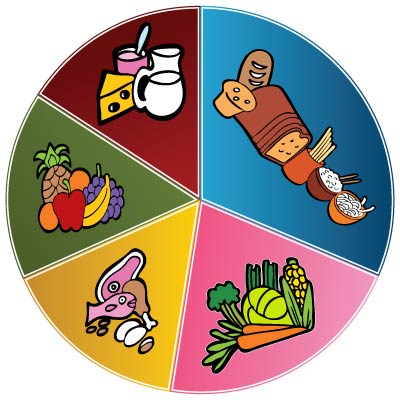
Many of us already know that when it comes to infant development, exposing children to books helps develop their interest in reading. But did you know simply talking to your children as much as possible raises their IQ and helps them develop their language abilities? Research shows that from the time they are born they are influenced by the manner in which their mothers verbally interact with them. Because language skills play a critical role in children’s academic success, researchers have paid particular attention to this aspect of development, particularly for at-risk children from families with a lower socioeconomic status.
A New York Times article reported that “children whose families were on welfare heard about 600 words per hour. Working-class children heard 1,200 words per hour, and children from professional families heard 2,100 words. By age 3, a poor child would have heard 30 million fewer words in his home environment than a child from a professional family. And the disparity mattered: the greater the number of words children heard from their parents or caregivers before they were 3, the higher their IQ and the better they did in school. TV talk not only didn’t help, it was detrimental.” So what seems to work best for academic success? Evidence shows that for children ages zero to three, a flowing stream of parent-to-child baby talk such as…. Feel teddy’s nose! It’s so soft! Planes make noise — look, there’s one in the sky! Baby feels thirsty or hungry? Mommy is opening the refrigerator! …is extremely important. So put down those cell phones, mothers and talk to your baby constantly. Here are 10 reasons why it’s crucial.
1. Talkative families produce smarter kids.
Research published in Meaningful Differences in the Everyday Experience of Young American Children found that babies in talkative families had a higher IQ at age three and significantly better test scores at age nine than those in less talkative ones.
2. Talking creates a stronger brain.
Lots of talking, singing and reading with babies during the first three years builds the brain architecture that will be needed later for reading and thinking skills. Direct interaction between adults and babies can make each baby’s brain stronger.
Read Related: How To Know Whether Your Child has a Knack for Languages

3. Promotes Bonding
Since babies can hear you from the womb, infants can tell the difference between the voices of their parents and other adults from the time they are newborns. Speaking with your baby helps you connect and bond with them right from day one, which is fundamental in infant development.
4. Less talk means poorer language performance.
Research shows that in comparison to parents who spoke to their children a lot, children whose parents spoke to them less came out worst in language tests, and at 24 months old some lagged behind their contemporaries by up to six months.

5. Promotes positive emotional development.
You’re promoting a healthy sense of self-worth and the feeling that they are being paid attention to when you take the time to speak to your little one. And nothing is more fascinating to baby than your voice, along with all the other new noises in the world.
6. Language has more impact earlier on than even music.
Months before babies start to talk to you, words play an important role in their brain development. Even at the age of three months, words have a bigger impact on their minds than other sounds, including music.
7. Practice makes perfect.
“A child’s capacity to process words is like any other skill—the more practice she gets hearing words and making connections to their meanings, the more she’ll be able to say,” says Anne Fernald, Ph.D., director of Stanford University’s Center for Infant Studies, in Stanford, California.

8. It encourages them to express themselves to you.
The more you talk to them, the more they are likely to want to talk to you. Language allows them open up to you about all kinds of feelings, including anger, joy, frustration and fear.
9. Bilingual households allow for a mental boost in newborns.
According to National Geographic News, rather than confusing babies, hearing more than one language at home gives newborns a mental boost, according to the new study, which tested seven-month-old infants.
10. You are your baby’s first teacher.
You as a mom undeniably set the tone in inspiring your child to want to learn and be curious about the world that surrounds her. Language and fulfilling conversation is key to conveying love, understanding, inspiration and wonder.











